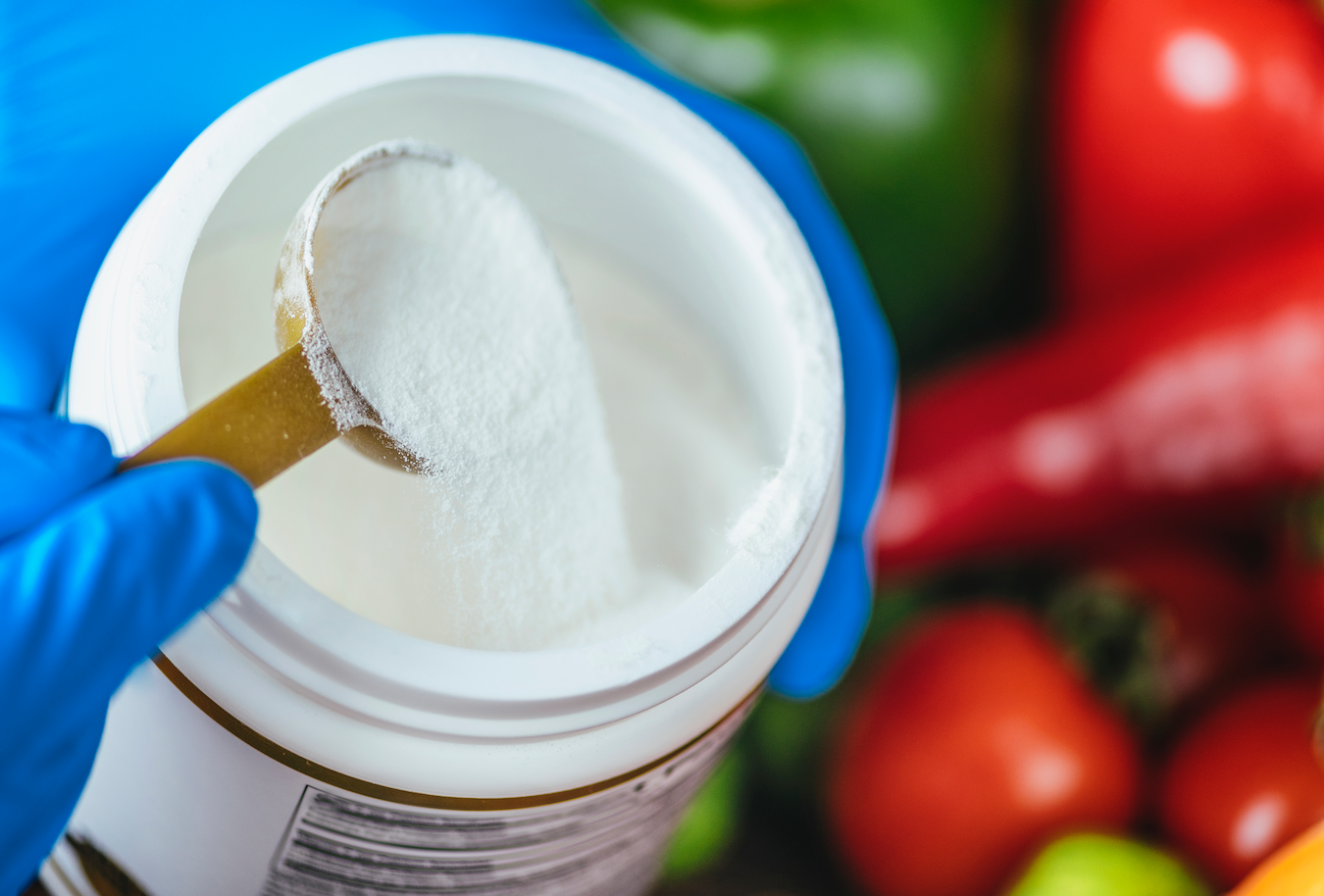The Ultimate Guide to the 3 Types of Collagen and Their Benefits
Collagen is one of those biological components that people often misunderstand. You hear about how collagen supplements and food sources are good for various things. One such thing is fighting joint pain and deterioration. Another is skin health, and yet another is digestive and reproductive health. But what exactly is collagen? Where does it come from, and what does it do in the body?
Today, we’re going to explore the different types of collagen and their incredible benefits. You’ll discover why this protein is essential for your well-being and how to naturally incorporate it into your diet.

What Are the Different Types of Collagen?
Collagen is a vital compound used for critical processes in the body. It’s both simple and complex at the same time because there are actually three types of collagen, and each plays a unique role in maintaining health.
Many general collagen supplements provide blends of two or three types, depending on the target demographic. Specific-application healing and health compounds usually use one type of collagen that best supports their intended function.
Let’s break down the three main types of collagen and what makes each of them essential.
Type I Collagen: The Beauty Booster
Type I collagen is the most abundant collagen in the human body. It plays a crucial role in maintaining skin elasticity, hydration, and overall youthfulness. This type is responsible for supporting the health of your skin, hair, nails, and eyes. It helps retain moisture, combat fine lines and wrinkles, and prevent brittleness in nails and hair.
Benefits of Type I Collagen:
- Promotes firm, youthful-looking skin
- Strengthens hair and nails
- Helps maintain eye health
- Supports hydration retention in the body
- Assists in digestion alongside Type III collagen
Best Sources of Type I Collagen:
- Seafood
- Bone broth
- Gelatin
- Organic bone broth powder supplements
If you're looking to maintain a glowing complexion and strong nails, make sure to include Type I collagen in your diet.
Type II Collagen: The Joint Protector
Type II collagen is essential for cartilage formation and maintenance. Cartilage serves as a cushion between joints, preventing bone-on-bone friction. This type of collagen is crucial for joint health and mobility, especially as we age.
Benefits of Type II Collagen:
- Supports cartilage regeneration
- Helps reduce joint pain and stiffness
- Improves flexibility and mobility
- Reduces risk of arthritis and joint degeneration
Best Sources of Type II Collagen:
- Bone broth
- Bovine bone extract
- Organic broths and supplements
- Gelatin
Athletes and individuals with active lifestyles should prioritize Type II collagen intake to maintain joint strength and mobility.

Type III Collagen: The Structural Supporter
Type III collagen is often found in muscles, blood vessels, intestines, and, in women, the uterus. It works alongside Type I collagen to provide elasticity and hydration retention throughout the body. This type of collagen is vital for reproductive health, cardiovascular support, and digestive wellness.
Benefits of Type III Collagen:
- Enhances muscle strength and structure
- Supports cardiovascular health
- Aids in gut health and digestion
- Promotes skin hydration and elasticity
Best Sources of Type III Collagen:
- Bovine collagen
- Organic broth supplements
If you’re focused on improving muscle tone, digestion, and circulation, adding Type III collagen to your diet is highly beneficial.
How to Incorporate Collagen Into Your Diet?
Getting enough types of collagen from natural sources is the best way to maximize its benefits. While supplements are a great way to boost your intake, you should always aim for whole-food sources first. Here are some simple ways to incorporate collagen into your daily routine:
- Drink bone broth daily for a natural source of Type I, II, and III collagen.
- Add collagen-rich foods like fish, chicken skin, and gelatin to your diet.
- Use collagen protein powders in smoothies, coffee, or soups.
- Eat foods rich in amino acids like eggs, dairy, and lean meats to help your body produce collagen naturally.

Vegan and Vegetarian Considerations
If you follow a vegan or vegetarian lifestyle, you won’t get types of collagen in its ready form from animal products. However, you can still support collagen production in your body by consuming plant-based sources of the amino acids glycine, lysine, and proline.
Best Plant-Based Sources for Collagen Production:
- Beans and legumes
- Seeds and nuts
- Soy-based products
- Leafy greens and fruits high in vitamin C (which helps boost collagen synthesis)
While plant-based sources won’t provide direct types of collagen, they support the body’s natural ability to produce it.
The Importance of Collagen as You Age
As we age, collagen production declines, leading to wrinkles, joint pain, and weakened muscles. This is why maintaining an adequate intake of types of collagen is crucial for long-term health. After the age of 30, it’s recommended to increase collagen intake through diet or supplements to slow down the aging process.
Collagen: The Key to Radiant Skin, Strong Joints, and Overall Wellness
Collagen is more than just a beauty supplement—it’s a foundational protein that supports your skin, joints, muscles, and digestion. By understanding the different types of collagen, you can make informed choices about your health and well-being.
For the best results, incorporate natural collagen sources into your diet and consider high-quality supplements for an extra boost. Your body will thank you with healthier skin, stronger joints, and improved overall wellness.
To stay updated on more health and wellness insights, follow us on Facebook today!













































































Share:
Agmatine – What You Need To Know About It
What Is Taurine And How Does It Affect My Health?